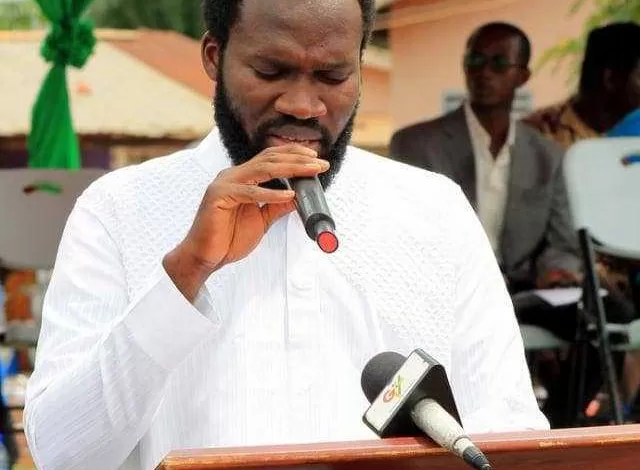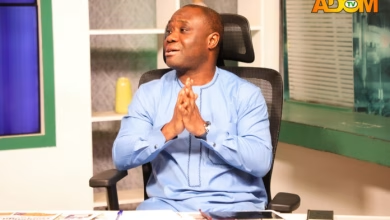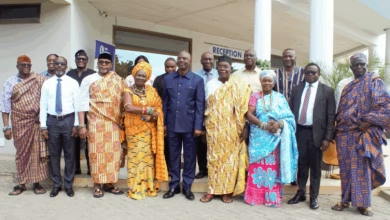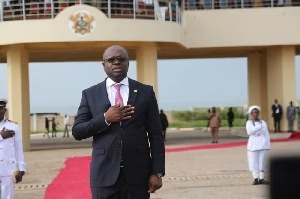“Agumenu Hails NDC as a Symbol of Hope and Transformation in Ghana and Beyond”

- NDC is a symbol of hope and transformation in Ghana.
- The party was established to reshape the political landscape and advance unity and progress.
- NDC's foundation is based on a powerful vision emphasizing integrity and accountability.
- The party is dedicated to serving Ghana and fostering national development.
The National Democratic Congress (NDC) is a symbol of hope and transformation in Ghana, striving for social justice, economic empowerment, and national development.
Born out of the spirit of Pan-Africanism and the quest for a better future for all, the party was established in an era necessary to respond and reshape the political landscape to better serve the interests of the people and advance the ideals of unity and progress.
This political and constitutional evolution began after the era of the Provisional National Defence Council (PNDC), which emerged as a collaborative effort involving both military and civilian members, embodying the spirit of inclusivity and shared purpose.
At the grassroots level, defence committees such as the People’s Defence Committee and Workers’ Defence Committee (PDC&WDC) were established, later evolving into the Committees for the Defence of the Revolution (CDRs), with clear mandates to empower communities and ensure the implementation of practical measures for progress.
Efforts to restructure the economic sector and tackle systemic mismanagement led to the announcement of a comprehensive four-year economic program, aimed at fostering self-reliance and reducing dependency on external markets.
The transition to the Fourth Republic in Ghana marked a pivotal moment in history, signalling a renewed commitment to revolutionary principles and the collective responsibility of every citizen towards achieving social justice and meaningful development.
In line with the legacy of visionary and progressive leaders such as Nkrumah, the 31st December revolution of 1981 represented a bold assertion of the nation’s aspirations for independence, with particular resonance among women who shared a deep connection to this transformative movement.
Embracing the principles of social democracy, the new leadership sought to address the challenges of income inequality and pursue economic policies that prioritised the well-being of the populace. Price Control mechanisms were also formed to foster economic growth, stability, and curbing corruption.
The reinstatement of multiparty democracy in 1992 heralded a new era, marking the transition of the PNDC into the National Democratic Congress (NDC) and setting the stage for strategic partnerships and alliances with like-minded political entities in Ghana and beyond.
The foundation of the NDC rested on a powerful vision rooted in faith, truth, integrity, probity, and hard work, underpinned by a commitment to human dignity, justice, accountability, and the empowerment of the marginalized, with a resolute dedication to serving the people of Ghana and fostering national development.






